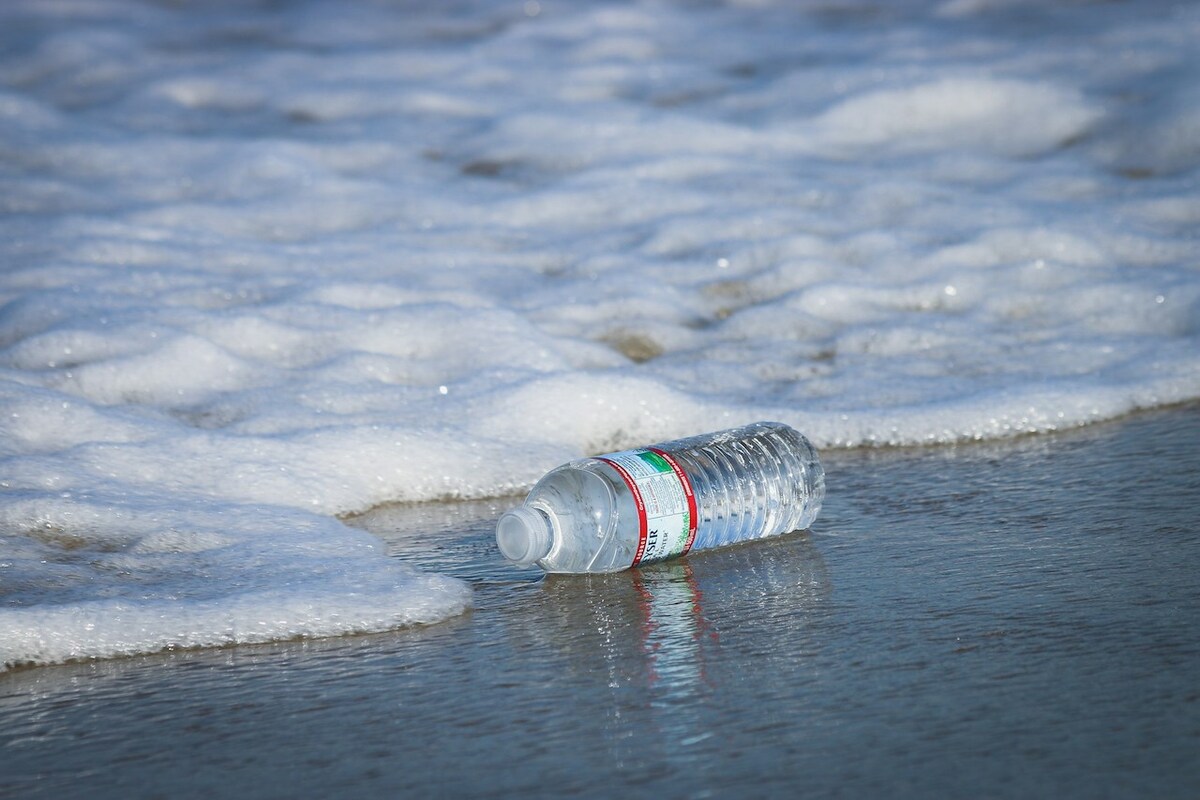Microplastics Found in Nearly All Human Bodies
Staff Reporter
02 October 2024, 5:31 PM
 Scientists Find Microplastics Across Human Organs. Photo by Brian Yurasits
Scientists Find Microplastics Across Human Organs. Photo by Brian YurasitsCoasties, like people everywhere, are facing an unseen but growing issue—microplastics are now being discovered throughout the human body.
These tiny plastic particles, found in the lungs, bloodstream, and even the brain, are raising new health concerns.
Dr. Joel Rindelaub, a senior lecturer in chemical sciences at the University of Auckland, recently highlighted the far-reaching presence of these particles.
However, he cautioned that while the problem is significant, there’s no immediate reason to panic.
“We’ve found plastics almost everywhere we’ve looked—in human faecal matter, the placenta, the brain,” Dr. Rindelaub said.
Yet, he reassured that “your death probably won’t be related to plastics.”
The full impact of microplastics on human health remains unclear, though studies using animal models suggest they may cause inflammation, oxidative stress, and immune responses.
Whether these risks translate directly to humans is still under investigation, with further research needed to understand the long-term effects.
A more immediate concern is the chemicals added to plastics to enhance their durability or flexibility.
When plastics are heated, such as during food preparation in the microwave, these additives can leach into the food, potentially increasing health risks.
Some additives have been linked to endocrine-disrupting effects, which could interfere with hormonal systems and raise the risk of certain cancers.
However, Dr. Rindelaub notes that more studies are necessary to fully grasp the extent of these risks.
To minimise exposure to these chemicals, locals are encouraged to take practical steps at home.
Switching from plastic containers to glass or stainless steel, particularly for storing food, can make a difference.
It’s also best to avoid microwaving food in plastic containers, even those labeled as “microwave safe,” as heating tends to release more chemicals into the food.
The issue extends beyond individual actions.
Recycling, long touted as the solution to plastic waste, is not enough to combat the growing problem.
"Most of the plastic produced doesn’t get recycled; it ends up in the environment, where it breaks down into smaller pieces," Dr. Rindelaub explained.
These microplastics then infiltrate ecosystems and eventually find their way back into human bodies.
Despite increasing awareness, plastic production continues to rise globally, with billions of dollars being invested in new manufacturing infrastructure.
Scientists and environmental advocates are calling for urgent action to curb production and reduce plastic use, but without international cooperation, the problem is expected to worsen in the coming decades.
Addressing plastic pollution will require a combined effort from industries, governments, and consumers alike.
The future of the planet, it seems, is tightly linked to how we tackle this plastic crisis.
